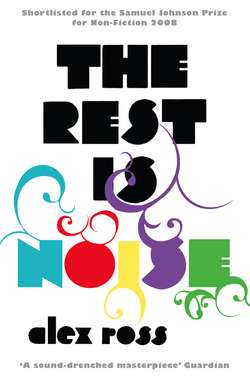Читать книгу The Rest is Noise: Listening to the Twentieth Century - Alex Ross - Страница 15
Оглавление5 APPARITION FROM THE WOODS
The Loneliness of Jean Sibelius
Composing is a difficult business. “Desperately difficult,” says the devil in Doctor Faustus. It is a laborious traversal of an imaginary landscape. What emerges is an artwork in code, which other musicians must be persuaded to unravel. Unlike a novel or a painting, a score gives up its full meaning only when it is performed in front of an audience; it is a child of loneliness that lives off crowds. Nameless terrors creep into the limbo between composition and performance, during which the score sits mutely on the desk. Hans Pfitzner dramatized that moment of panic and doubt in Palestrina, his “musical legend” about the life of the Italian Renaissance composer. The character of Palestrina speaks for colleagues across the centuries when he stops his work to cry, “What is the point of all this? Ach, what is it for? What for?”
Jean Sibelius may have asked that question once too often. The crisis point of his career arrived in the late 1920s and the early ’30s, when he was being lionized as a new Beethoven in England and America and dismissed as a kitsch composer in the taste-making Austro-German music centers. The contrasts in the reception of his music matched the manic-depressive extremes of his personality—an alcoholic oscillation between grandiosity and self-loathing. Sometimes he believed that he was in direct communication with the Almighty—“For an instant God opens his door,” he wrote in a letter, “and His orchestra plays the Fifth Symphony”—and sometimes he felt worthless. In 1927, when he was sixty-one years old, he wrote in his diary, “Isolation and loneliness are driving me to despair … In order to survive, I have to have alcohol … Am abused, alone, and all my real friends are dead. My prestige here at present is rock-bottom. Impossible to work. If only there were a way out.”
